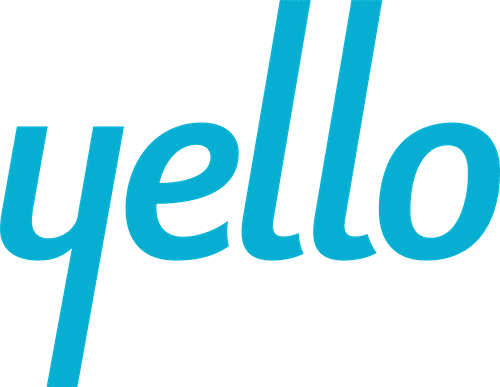You post high-priority positions on your company’s intranet, offer employee referral bonuses and cross your fingers employees will refer friends and former co-workers, but your referral pipeline remains nearly empty.
According to The 2017 Yello Recruiting Study*, 96 percent of recent grads want to refer friends into their companies, so why aren’t referral pipelines bursting? Stacy Donovan Zapar, a 20-year recruiting veteran and founder of recruitment consultancy Tenfold, believes employers need to drive referrals, not wait around for them. If your referral program isn’t generating results, Zapar offers ways to supercharge your efforts, and leverage employee enthusiasm to refer.
1. Raise Awareness
Referral programs will never get off the ground if employees aren’t familiar with open roles. Organizations need to frequently educate employees on the positions they need to fill. “Driving awareness of current openings is a key component of any successful referral program,” says Zapar.
Most employees don’t visit the careers site each day to scour jobs, and company-wide hot job announcements may go unread. Instead, Zapar recommends a face-to-face conversation with the hiring team to boost awareness around open roles. Attend a standing meeting of the hiring team to introduce yourself, share a quick overview of the role and encourage team members to submit referrals. As the empty position may create additional work, the hiring team often has more incentive to fill the role. These team members are also likely to know people with similar backgrounds to their own, who have the skills needed for the position.
2. Don’t Ask — Tell Employees Who They Know
Don’t wait for employees to tell you who they know; search their networks and tell them. When a position opens, Zapar suggests recruiters connect with members of the hiring department on LinkedIn and mine their connections. Identify several potential candidates from each team member’s network to quickly build a pipeline of warm leads. Take these efforts a step further by drafting an email for the employee to send directly, to increase the candidate response rate. By showing employees who they know, instead of asking, you remove the hurdles to connecting with high-quality, pre-vetted talent.
3. Change it Up
Rewards can motivate employees to refer their friends and recognize them for bringing talent to the organization. But offering the same reward over a long period may stop garnering employee attention. “When things are the same as they’ve always been, people will start to tune it out,” says Zapar.
Vary the reward each month to bring attention to the referrals program. Offer additional days off, gift cards, travel vouchers or reserved parking spots to spur new interest each month. Frequently changing the reward builds employee excitement, and serves as a reminder to refer friends and colleagues.
Download your free how-to guide for more more tips to build a successful referral program.
4. Focus on Culture
Building an employee referral program and creating a strong company culture may seem like separate initiatives, but the goals of the two programs are closely intertwined. When employees are happy and engaged at work, they are more likely to refer their friends. “Companies that have the highest referral rates have happy employees and a great work culture,” says Zapar.
Build a unique company culture by embracing shared goals and values that every employee works to embody and achieve. Increase transparency and employee engagement through company-wide meetings that review progress to key targets and company metrics.
5. Close the Loop
Communication is essential for successful employee referral programs. “Every person who was referred needs to receive an outreach, as well as the person who referred them,” says Zapar.
If an employee refers a friend and never receives an update, they may feel their contribution wasn’t needed or valued. Close the loop by thanking the individual and providing an update on their referral’s status. Similarly, reach out to every referred candidate to learn about their background and provide an introduction to the organization. Even if the candidate is not a good fit now, they may be perfect for a future position.
Conclusion
Employees want to refer their friends, but they may need to be encouraged. Don’t wait around for your referral pipeline to grow. Use creative tactics to incent people who are already motivated, and build a successful employee referral program.
*In February 2017, Yello surveyed 1,461 collegiate or recently post-collegiate students on their interviewing and hiring experiences. All individuals were either currently employed or had accepted full-time or internship offers.


